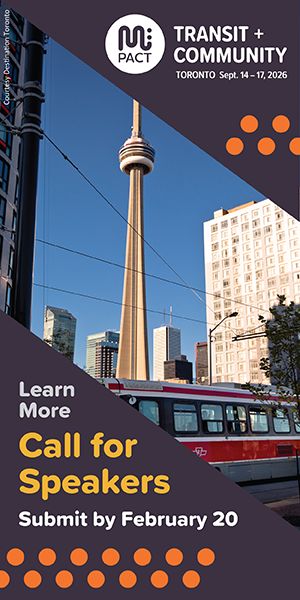
On Election Day Tuesday, the question of who prevailed in the race to become Seattle’s Mayor and King County’s next Executive will be dominating local news coverage, followed closely by the results in Seattle’s City Attorney and Council races. But with local elections happening across the entire region, there are major contests to watch everywhere, with the outcomes set to influence policy for years to come. Out of those hundreds of races, The Urbanist is watching several key races that have the potential to signal broader trends across the Puget Sound region.
With voter turnout in the region hovering around 15% heading into the final weekend to vote, many more races are likely to be nail-biters.
A quick note: The Urbanist has issued endorsements, including in many of these races. I serve on the Urbanist’s elections committee with 13 other members. Check out those endorsements, along with detailed questionnaires filled out by the candidates that we considered.
Ballots are due by 8pm Tuesday. At this point so close to elections day, election administrators in Washington have advised voters to avoid using USPS to mail their ballot if possible, but instead to use drop boxes or voting centers to vote.
Issaquah Mayor
The question of who will lead the city of Issaquah has turned into a generational contest. With two-term Mayor Mary Lou Pauly declining to seek another term, Issaquah Council President Lindsey Walsh is vying against former State Senator Mark Mullet for the job. Mullet, best known for a centrist gubernatorial campaign last year that failed to catch on with voters, is trying again on a smaller stage in his hometown, where he served on the City Council from 2009 to 2012.
Before launching his quixotic bid for the state’s highest office, Mullet was largely known as one of the state Senate’s most obstructionist members, using his seat on the powerful Ways and Means committee to put the kibosh on progressive legislation like rent stabilization and transit-oriented development in 2024. With his departure at the end of that legislative session, those policies were able to get across the finish line this year.
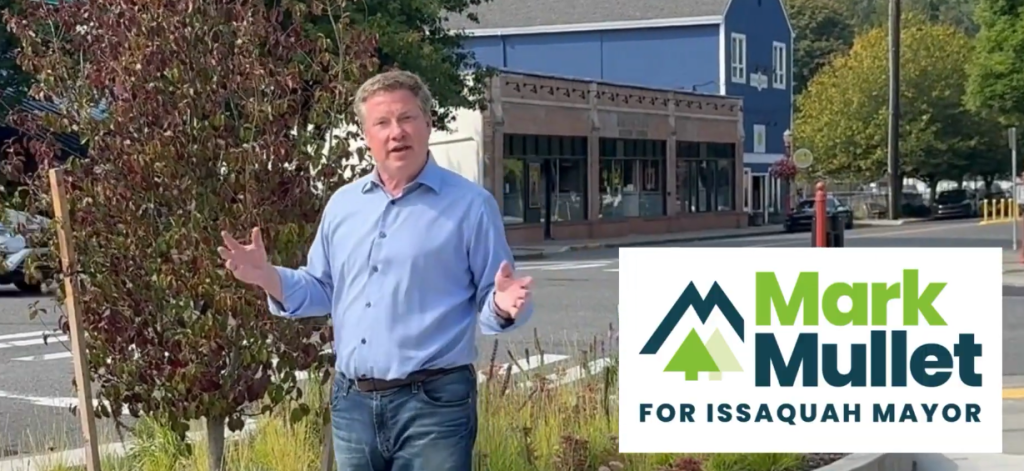
Walsh, who was first appointed to the council in 2019, has become one of Issaquah’s biggest champions for reducing the barriers that stand in the way of the city’s ability to add housing. While Mayor Pauly’s administration looked at changes to the city’s building code needed to make an affordable housing project within Issaquah feasible in isolation, Walsh has pushed to explore how expensive add-ons like building step backs add costs to all housing in the city.
Mullet also touts a planned focus on housing affordability, but his record at the local level is more mixed. At the end of his one term on the Council, the city approved the ambitious Central Issaquah Plan, intended to increase the amount of housing in the vicinity of the city’s future light rail station where there are mostly big box stores now. But that plan has mostly sat unrealized.
If Walsh makes it into the mayor’s office, it would represent a major shift for Issaquah, given her clear vision for creating more people-oriented places on the Eastside after decades of car-oriented planning.
“I think the goals of urbanism – creating sustainable, livable, and vibrant communities that foster a sense of community and improve the quality of life for residents – is shared by everyone. We know based on vacation patterns that people enjoy walkable, human-scaled places – such as Disneyland or European cities,” Walsh wrote in her response to The Urbanist’s election committee’s questionnaire. “What differs is merely how we approach the problem and which parts of urbanism you prioritize. If you focus more on reducing car usage without significant increases in transit service, you’ll lose folks. However, if you start with other elements, such as mixed-use development and walkability, that can make the transition from suburbia to a more livable city easier.”
Bellevue Council Position 2
Thanks to two resignations on the Bellevue City Council in 2025, five council races are on ballots in the Eastside’s largest city this fall. But the race to watch will be Position 2 where Conrad Lee, who was served on the council since 1994, faces his biggest challenge in decades from former Meta product manager and human rights advocate Naren Briar.
Lee, an institution in Bellevue and the first person of color ever elected to the Bellevue Council, has become one of its most conservative members, part of a one-vote majority voting to scale back the city’s already watered-down middle housing code earlier this year. This year, the tide seems to have turned against Lee after eight elections, with even the Seattle Times Editorial Board endorsing Briar.
“Bellevue residents owe a lot to Lee for his abiding work on behalf of the city and larger community. But Briar also poses an opportunity to help build on that legacy to keep Bellevue robust and thriving,” the right-leaning editorial board wrote last month when handing out their endorsement. The board also admonished Lee for donating $50,000 to Donald Trump’s second inauguration fund.
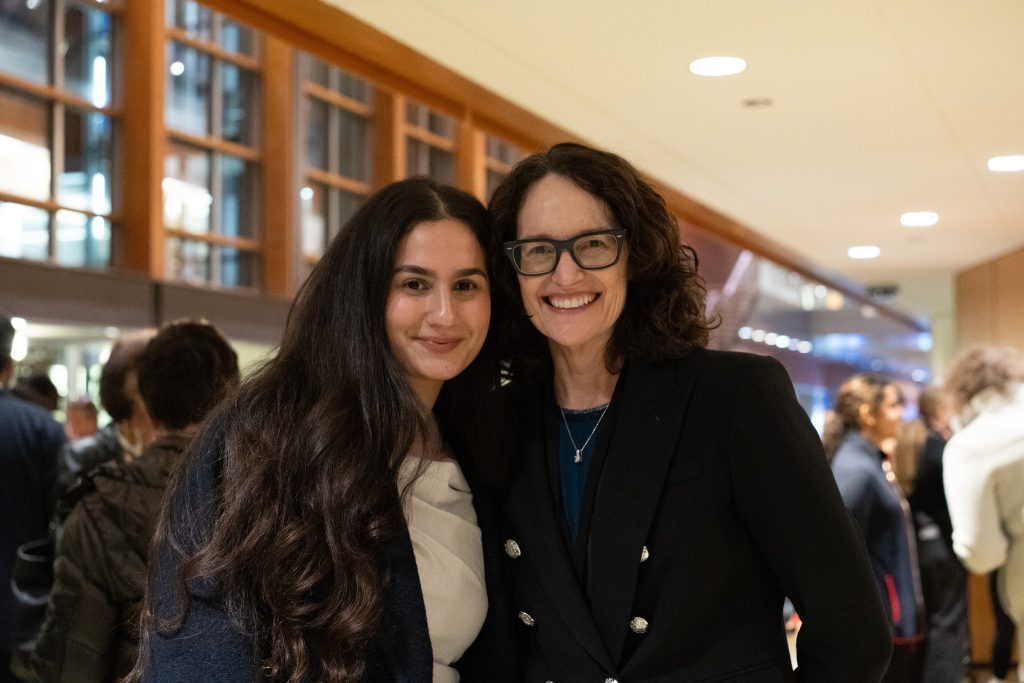
While Lee has been attacking Briar for only living in Bellevue for a short period of time, Briar has pointed out Lee’s lackluster record of supporting light rail construction, months before Sound Transit finally completes the cross-lake connection that will unite Seattle and the Eastside. In 2011, Lee proposed that Sound Transit build its light rail line through Downtown Bellevue close to I-405, with a moving sidewalk connecting riders to Bellevue Transit Center, after supporting light rail alignments that would have diverted riders away from central downtown via his council votes.
In a campaign mailer posted to Facebook over the weekend, Lee’s campaign made an overt play against approving additional housing density and homelessness services in Bellevue, asserting that “outside interests are trying to turn Bellevue into Seattle.” The mailer calls single-family zoning in Bellevue “under attack,” referencing “the start of State mandates and the erasure of local control, strongly opposed by Conrad and residents.”
As a candidate touting the need to significantly ramp up Bellevue’s pace of housing production, Briar looks to be a big departure from Lee on those issues, a fact that will really matter ahead of key votes to increase density in BelRed, and in the city’s underutilized commercial areas as part of the Housing Opportunities in Mixed-Use Areas Land Use Code Amendment. With Briar on the council, many of those 4-3 votes to walk back zoning changes could have gone the other way.
Bremerton Mayor
On the west side of the Sound, another mayor’s race offers voters an opportunity to take the city of Bremerton in a new direction. Here, one-term councilmember Jeff Coughlin is challenging incumbent Mayor Greg Wheeler, who has been in office since 2018. Coughlin, who would be the first LGBT mayor of Bremerton, has argued that Wheeler’s administration hasn’t made enough visible progress on issues impacting city residents, especially when it comes to housing and homelessness.
Coughlin has promised to streamline the city’s permit processes to make it much easier to build in Bremerton. Meanwhile, Wheeler has criticized the nearly unanimous vote taken by the Bremerton City Council to fully eliminate mandates for off-street parking everywhere in the city, letting property owners and developers decide how much parking they actually need. Coughlin has championed the change.
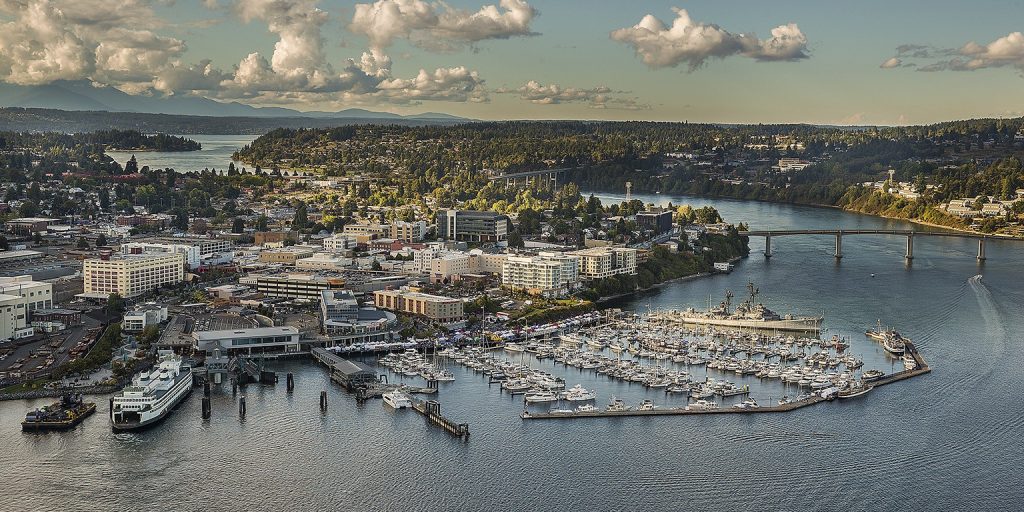
But the place where Wheeler and Coughlin’s differences are starkest is on the issue of traffic safety and multimodal connectivity. Under Wheeler’s tenure, the city council has had to push extraordinarily hard to get traffic safety upgrades that actually match the community’s vision for a more connected Bremerton. After pushing for better designs on Naval Avenue, the next project set to take center stage is 6th Street.
The hope is that with Coughlin in the mayor’s office, Bremerton’s public works department will finally get brought into the current century, designing projects that make it easier to walk around and actually make jumping on a bike appealing and safe.
Kirkland Council Position 7
All four council races on the ballot in Kirkland are highly competitive. As The Urbanist reported last week, an advocacy group formed in 2024 to oppose potential changes to the city’s Comprehensive Plan has been promoting a full line up of growth-skeptical candidates, dubbing them the “sanity slate” promising a focus on “balance.”
But the biggest test for Kirkland’s future direction will be whether Kurt Dresner, the upstart challenger to incumbent Jon Pascal, is able to eke out a win, or if Pascal is able to hold onto his seat. After Pascal took a sharp heel-turn during the process of the growth plan update and ultimately voted against its adoption, Dresner challenged him and provided voters with a more forward-looking vision for the Eastside’s third largest city.
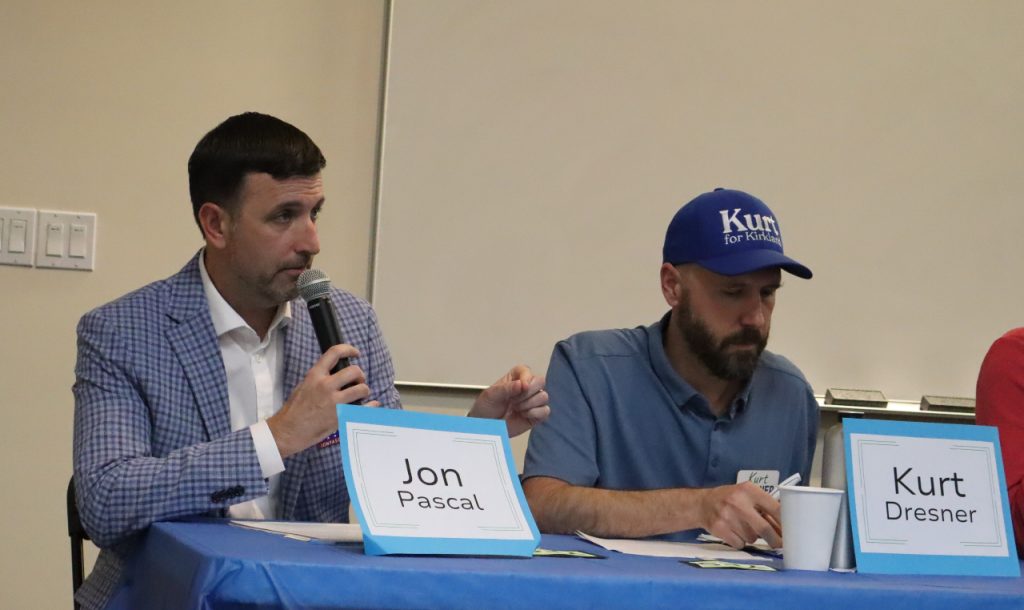
From doing Reddit AMAs to knocking on tens of thousands of doors, Dresner has been trying to out-hustle Pascal after finishing around 10 points behind him in the August primary, with a third candidate receiving less than 5% of the vote. If Dresner is successful, it will ultimately be a repudiation of the idea that Kirkland is seeing a backlash to the policies supported by the current council majority, like support for permanent supportive housing and utilizing city owned land for affordable housing and building community assets.
Burien Council Position 7
Another city at a turning point is Burien, where a 5-2 council majority has been advancing policies that take a hard line on the city’s unsheltered homeless population, while at the same time resisting plans to increase emergency housing and shelter. The race to watch will be Position 7, where incumbent Stephanie Mora — a member of that majority — faces former Burien planning commissioner Rocco DeVito.
In this August’s primary, the progressive incumbents Hugo Garcia and Sarah Moore performed strongly, as did Sam Méndez, a progressive competing for an open seat currently held by retiring Councilmember Jimmy Matta. But voters haven’t yet weighed in on whether to retain Mora, who has championed an anti-camping ordinance that the council approved in 2024 that resulted in a lengthy legal battle with King County.
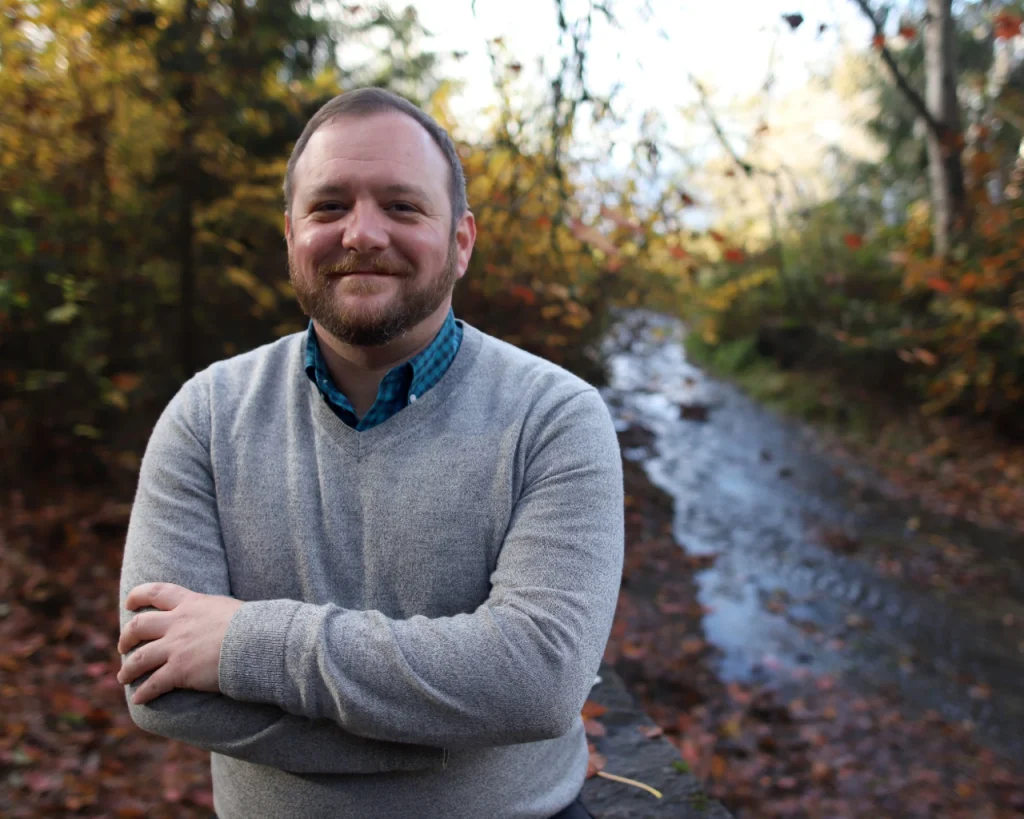
The two candidates have very different positions on housing issues. This fall, Mora voted to advance consideration of zoning changes that would roll back a small amount of additional density allowed in the city’s most exclusive neighborhoods, a policy included in the city’s Comprehensive Plan. DeVito says he opposes those changes, which would require another vote in 2026 to take effect.
DeVito has supported eliminating parking mandates in Burien, and has committed to growing the city’s unarmed first responder program. If voters pick him to replace Mora, that move would speak volumes about Burien’s political realignment.
Tacoma Council Position 6
In the South Sound, Tacoma voters face choices in four council races and a mayor’s race. But the contrasts between the two candidates vying for the open Position 6 seat, currently held by Deputy Mayor Kiara Daniels, make that one the one to watch. Downtown advocate and property manager Jessica Johnston has been endorsed by the moderate Tacoma News Tribune editorial board, but The Urbanist endorsed Latasha Palmer, a community organizer and small business owner.
One big gulf between the two candidates is their support for social housing. Palmer, a founding member of Tacoma’s Aya Community Land Trust, says she wants the city to seek new, progressive revenue sources to explore social housing, while Johnston has declined to support social housing and appears to be wary of the idea of new revenue sources for the city in general. Johnston has also opposed the slate of renter’s rights protections that Tacoma voters approved in 2023.
In addition to a focus on affordable housing, Palmer is also heavily leaning into the issue of climate in her campaign.
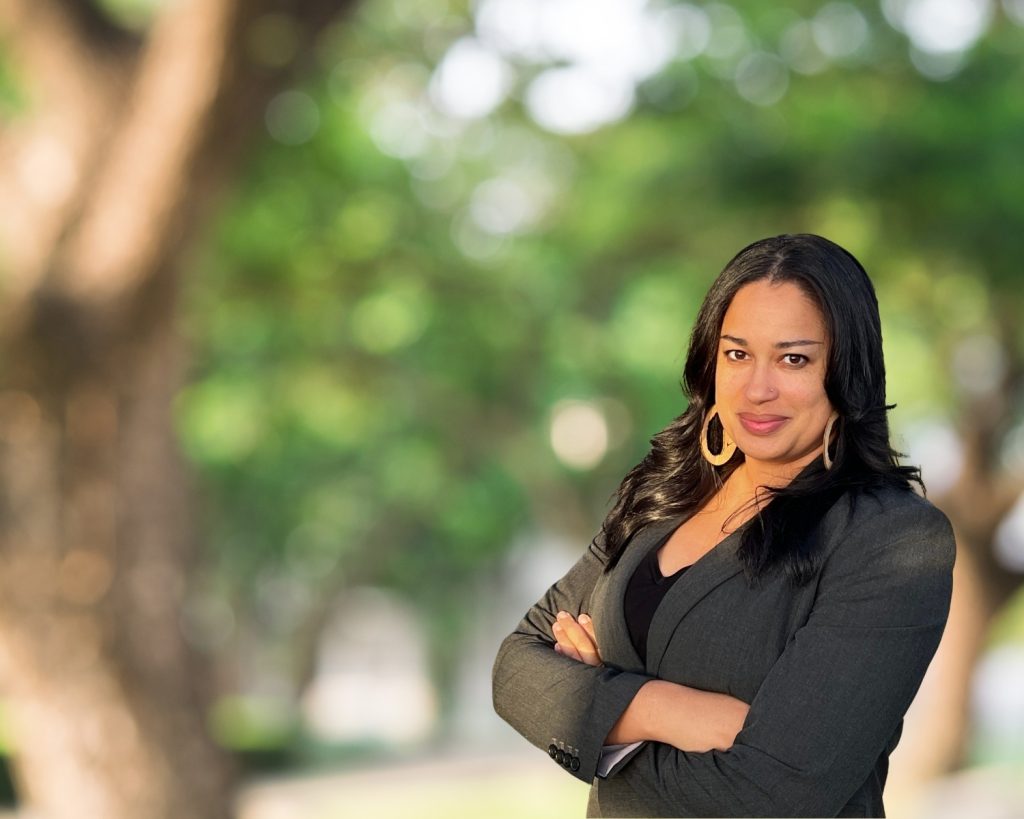
“Creating a neighborhood-centered city with accessible transportation is vital for economic opportunity, educational access, and community well-being,” is the vision that Palmer’s campaign communicated to Run On Climate. “It ensures residents can easily commute to jobs, schools, and recreational activities, reducing barriers and enhancing quality of life. Connecting neighborhoods to affordable housing and cultural venues through mindful transportation improvements fosters community stability and encourages local engagement, making Tacoma a place where everyone can thrive.”
While Palmer’s vote on council wouldn’t have been enough to block the recent expansion of Tacoma’s anti-camping ordinance, her election to the council would maintain a progressive voice in that seat.
Ryan Packer has been writing for The Urbanist since 2015, and currently reports full-time as Contributing Editor. Their beats are transportation, land use, public space, traffic safety, and obscure community meetings. Packer has also reported for other regional outlets including BikePortland, Seattle Met, and PubliCola. They live in the Capitol Hill neighborhood of Seattle.


